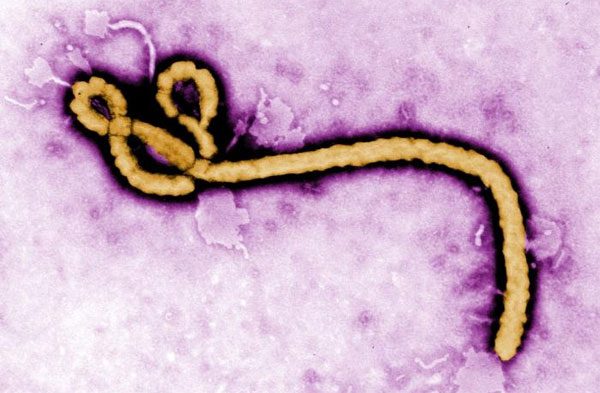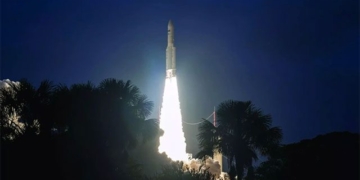The product advertised as being made from the blood of Ebola survivors is being traded in the West African black market, while the outbreak shows no signs of slowing down.
The World Health Organization (WHO) has committed to working with local governments to eliminate this illegal trade.
According to WHO, products made from the blood of recovered Ebola patients may contain antibodies against this dangerous virus. However, WHO has yet to conduct any large-scale studies to verify its effectiveness. The organization has also warned about the potential dangers of this product being traded illegally on the black market.

Blood from surviving Ebola patients is believed to contain natural antibodies against this dangerous virus. (Image: theguardian.com)
Margaret Chan, the Director of WHO, commented: “In serum, there is a risk of other infectious diseases and it may not be processed according to proper protocols.”
Currently, there are no officially recognized treatments for Ebola, although many methods are in various stages of testing and development. Ebola patients are receiving intravenous fluids, blood transfusions, and antibiotics to boost their immunity and combat other infectious diseases.
Theoretically, the blood of individuals who have survived the disease can produce antibodies that kill the Ebola virus. Introducing these specific antibodies into the blood of patients undergoing treatment could help enhance their immune system.
WHO is developing a system with adequate safety standards for Ebola survivors to donate blood and to research treatment methods using this blood for Ebola patients. Approximately half of those infected with Ebola during the current outbreak have recovered and could provide a significant source of therapeutic serum.
According to WHO, the rapid increase in new infections in West Africa has exceeded the local authorities’ ability to control it. More than 2,400 people have died among over 4,700 reported cases, making this outbreak the largest and deadliest Ebola epidemic in history.




















































